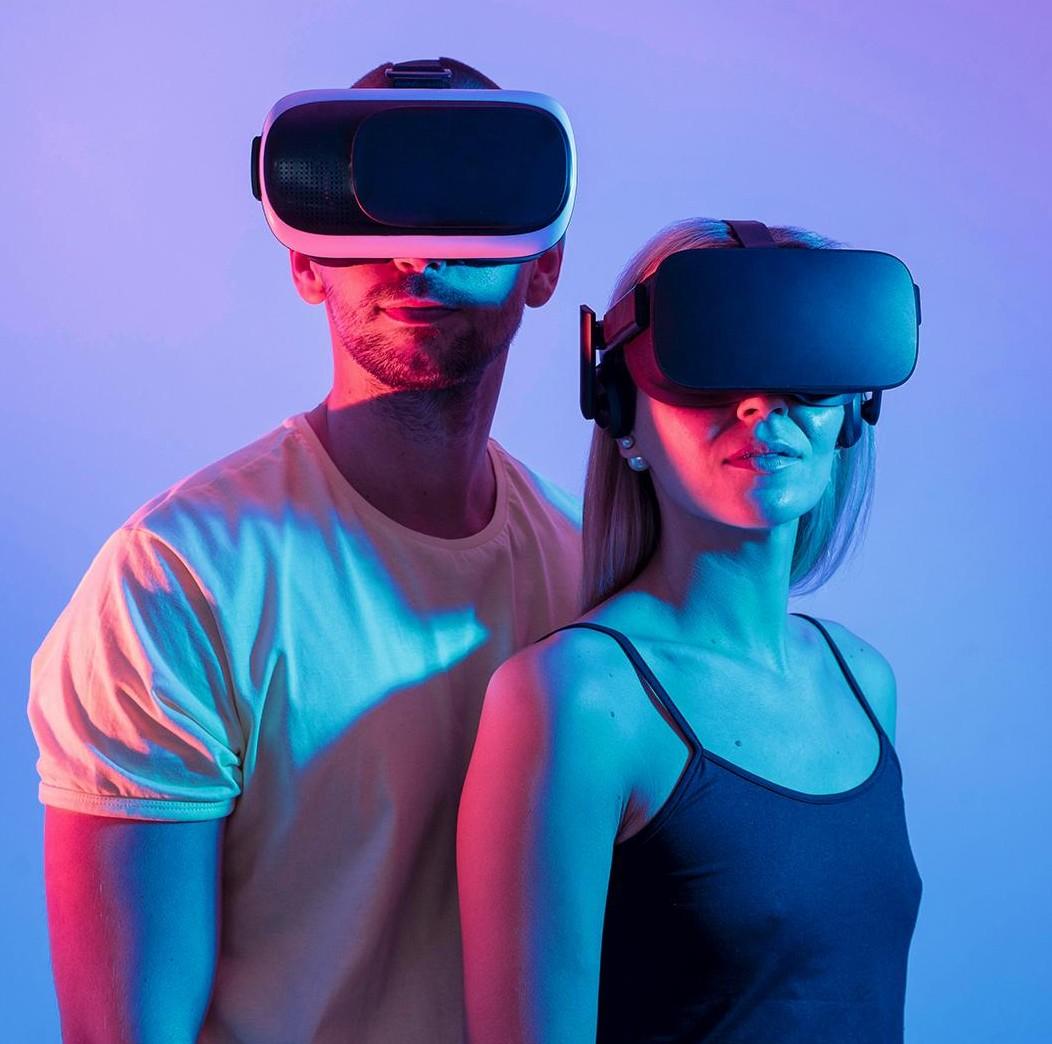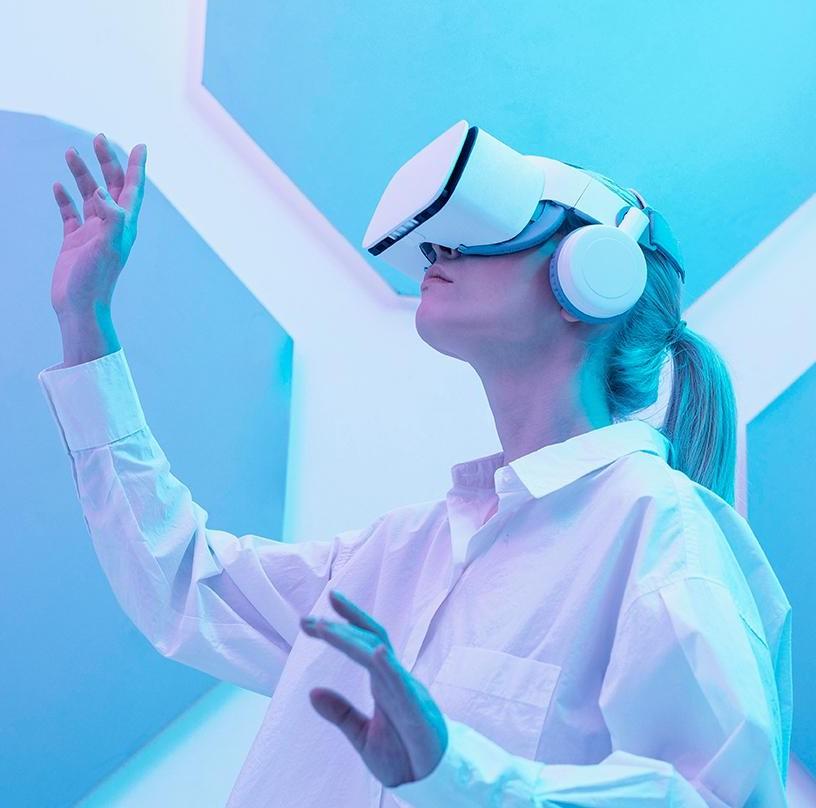










Virtual Reality (VR) has the potential to revolutionize the field of medicine in various ways. Here are some examples of how VR can be used in the medical field:
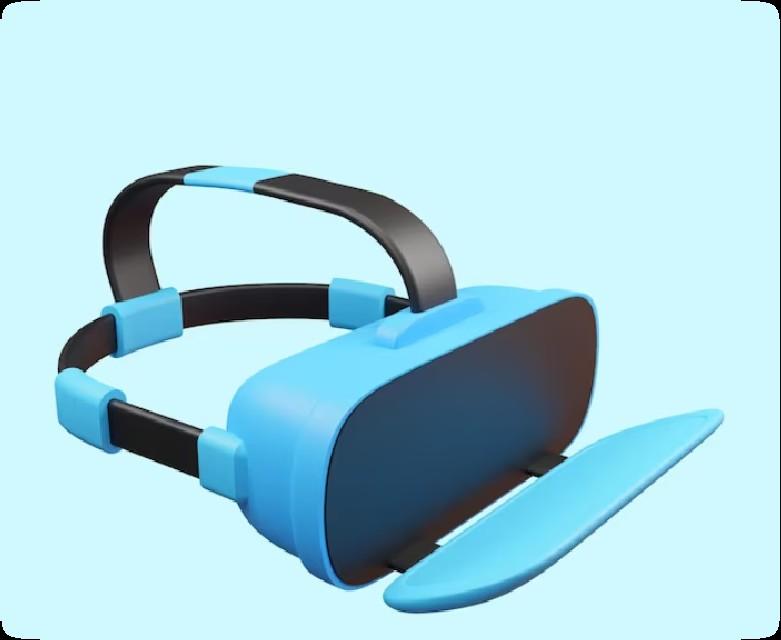
https://desertcart.co.za/













VR can provide realistic and immersive training experiences for medical professionals, allowing them to practice surgical procedures, emergency scenarios, and other medical techniques in a safe and controlled environment. This can help improve the skills and confidence of medical students, residents, and practicing physicians without risking harm to real patients.
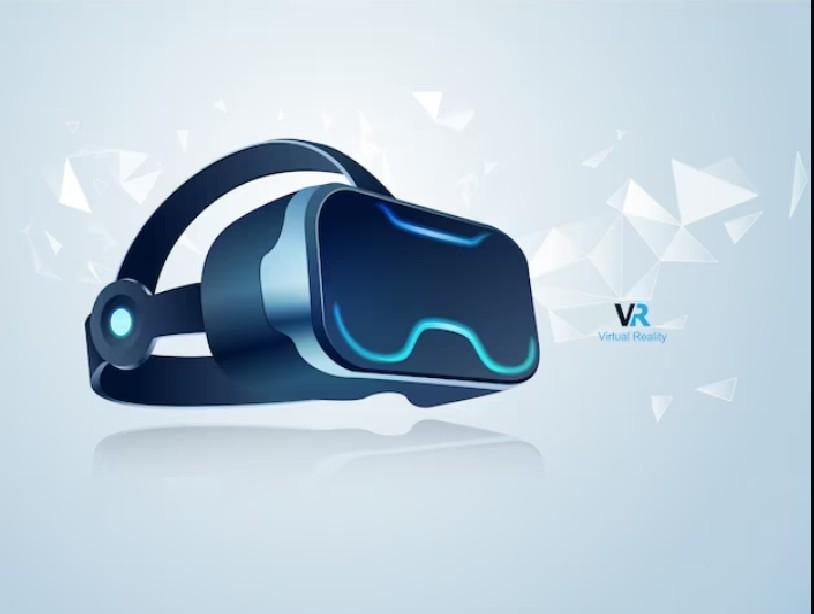





VR can be used to educate patients about their medical conditions, treatment options, and surgical procedures. By using interactive VR simulations, patients can better understand complex medical information and make informed decisions about their healthcare. This can enhance patient engagement, compliance, and overall satisfaction. https://desertcart.co.za/

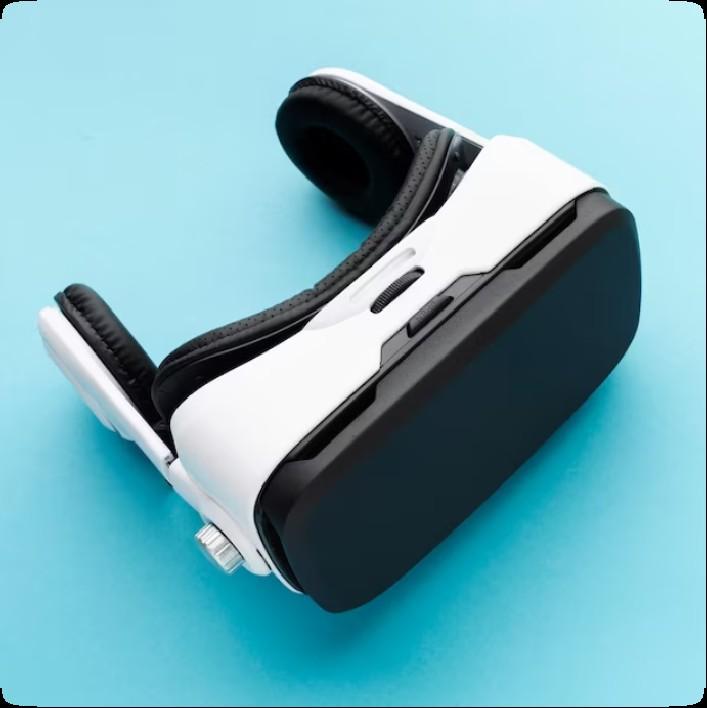








VR has been shown to be effective in managing pain and anxiety in patients. By providing immersive and distraction-based experiences, VR can help reduce pain perception during medical procedures, such as wound dressings, injections, and dental work. This can potentially decrease the need for pain medications and improve the overall patient experience.
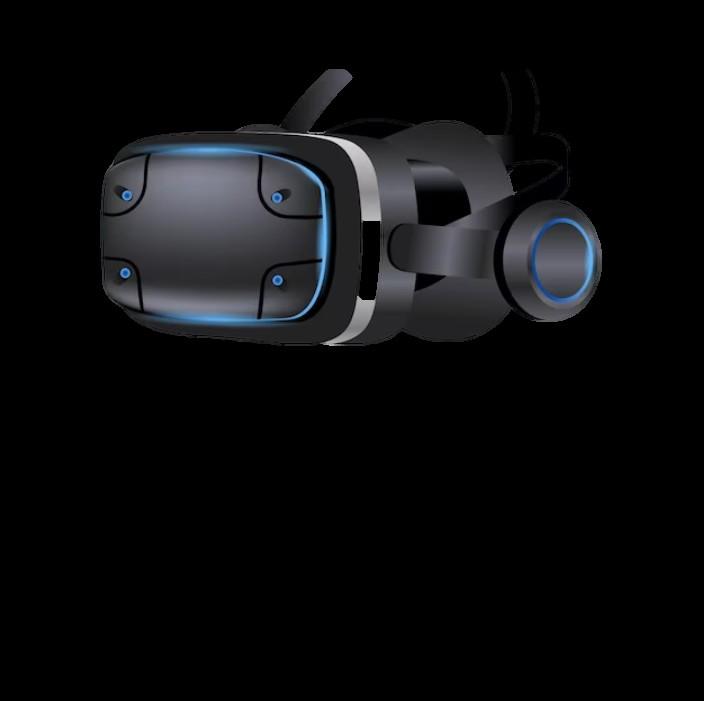

VR can be used for physical and cognitive rehabilitation in patients with disabilities or injuries. VR simulations can provide interactive exercises and activities that can help patients regain mobility, coordination, balance, and cognitive function. This can make rehabilitation more engaging, enjoyable, and effective.
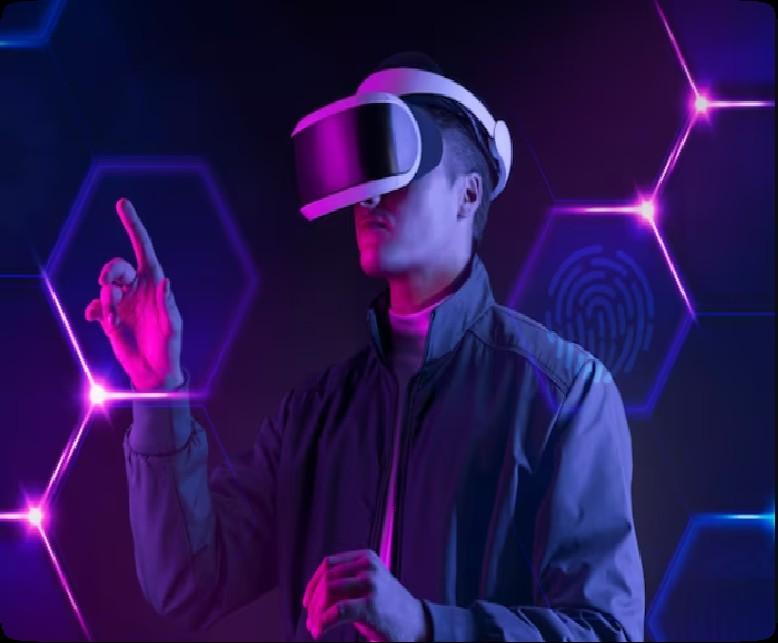
https://desertcart.co.za/








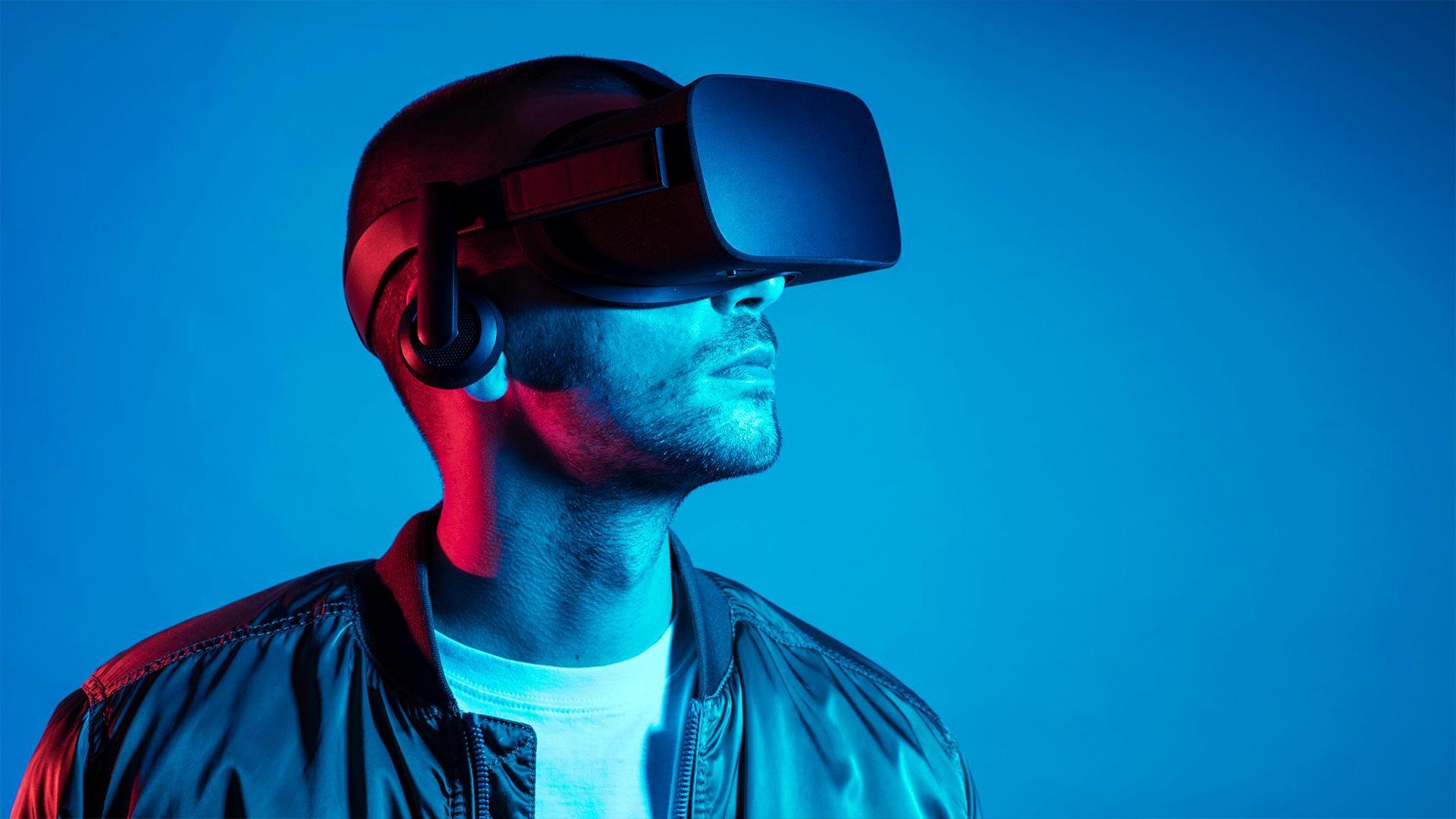













VR can enable remote consultations and virtual visits, allowing physicians to diagnose, monitor, and treat patients remotely. This can be especially useful in rural or underserved areas where access to healthcare may be limited. VR can provide a realistic and immersive virtual environment for telemedicine, making it feel more like an in-person visit.

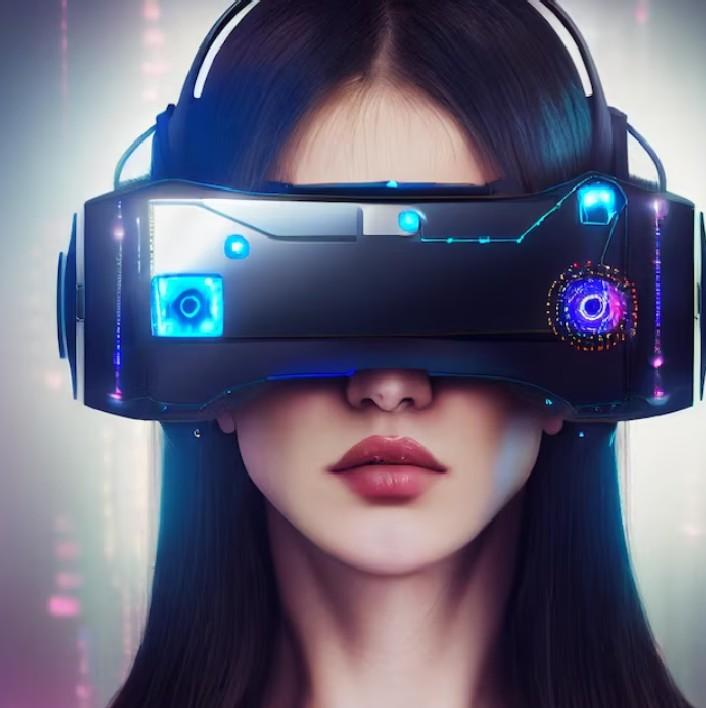
VR can be used for the assessment and treatment of mental health disorders, such as anxiety, phobias, and PTSD. VR simulations can recreate triggering situations in a controlled environment, allowing patients to confront and overcome their fears or traumas in a safe and supportive setting. This can complement traditional therapy approaches and expand treatment options.

https://desertcart.co.za/







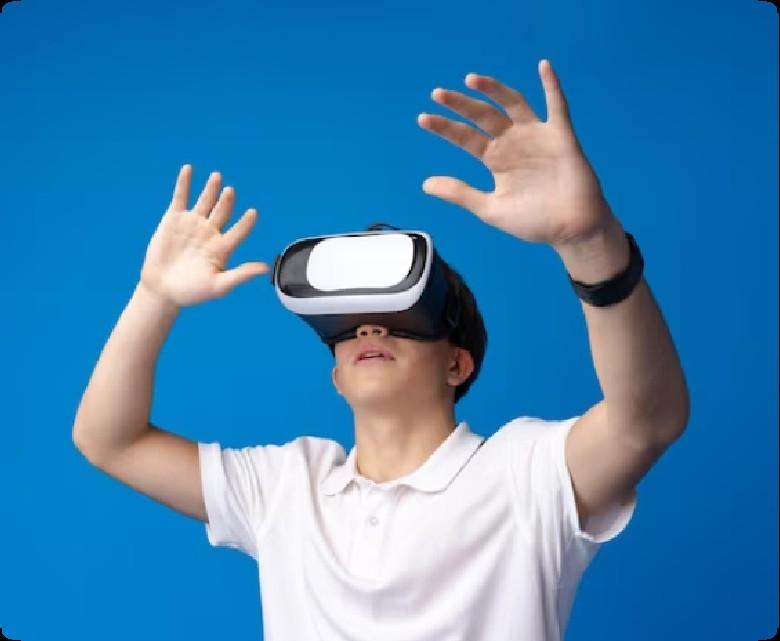






VR can assist surgeons in preoperative planning by providing 3D visualizations of patient anatomy and simulations of surgical procedures. Surgeons can use VR to practice complex surgeries, optimize surgical approaches, and improve patient outcomes by reducing complications and risks.






Overall, VR has the potential to transform the medical field by enhancing medical education, patient care, pain management, rehabilitation, telemedicine, mental health treatment, and surgical planning. It can provide realistic and immersive experiences that can improve patient outcomes, increase safety, and expand access to healthcare.

